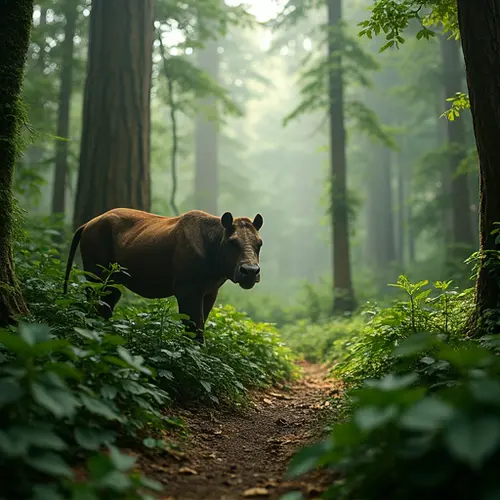Scientists warn of a sixth mass extinction driven by human activities, with deforestation and habitat destruction causing species extinction rates to soar. High-income nations are major contributors, and conservation efforts are lagging.

Biodiversity Loss Reaches Alarming Levels
Scientists are raising urgent alarms about the accelerating loss of biodiversity, warning that the planet may be on the brink of a sixth mass extinction. A recent study published in Nature reveals that human activities, particularly deforestation and habitat destruction, are driving species extinction rates 100 to 1000 times higher than natural background levels.
The Sixth Mass Extinction
The term "sixth mass extinction" refers to the current rapid decline in species diversity, comparable to previous mass extinction events like the one that wiped out the dinosaurs. Unlike past extinctions, this one is primarily driven by human actions, including land-use changes, pollution, and climate change.
Global Impact
The study highlights that tropical regions, which host over half of the world's biodiversity, are the most affected. Deforestation for agriculture and urban expansion is decimating habitats, with 13.3% of global species range loss attributed to consumption in high-income nations. Countries like the U.S., Germany, and China are major contributors to this crisis.
Conservation Efforts
Despite global initiatives like the UN Convention on Biological Diversity, conservation efforts have largely fallen short. Only six of the 20 Aichi Biodiversity Targets set in 2010 were partially achieved by 2020. Experts emphasize the need for stronger international collaboration and sustainable practices to mitigate further loss.

 Nederlands
Nederlands English
English Français
Français Deutsch
Deutsch Español
Español Português
Português






